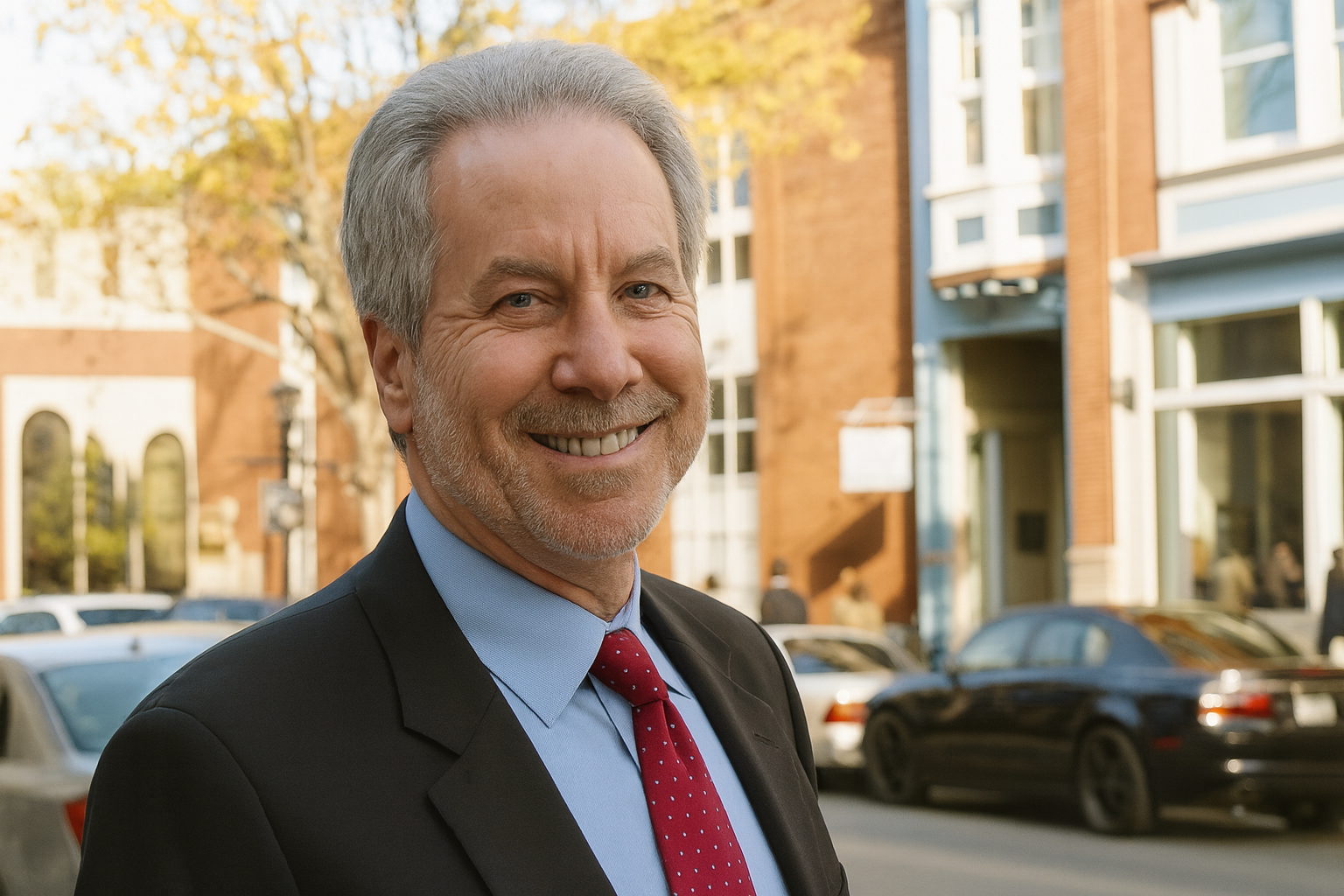
Harry Barko
Shattering Corporate Silence
In a landmark case for whistleblower rights, former Kellogg Brown & Root (KBR) employee Harry Barko brought down a corporate policy of silencing employees through illegal confidentiality agreements. His bravery and persistence led to a historic enforcement action by the Securities and Exchange Commission (SEC) that has had a lasting impact on corporate accountability and transparency.
The Barko precedent impacts the enforceability under the FCPA, Anti-Money Laundering, securities and commodities whistleblower laws.
Barko blew the whistle while working in Iraq, during the height of the U.S. invasion. As a contract administrator for KBR in Iraq, reported massive frauds to the corporate compliance program. Along with other employees he was compelled to execute nondisclosure agreements that would keep evidence of these frauds away from government regulators.
Refusing to be muzzled, Barko filed a complaint with the U.S. Securities and Exchange Commission alleging that such agreements violated the Dodd-Frank whistleblower rules (which cover numerous crimes, including the FCPA).
In what was hailed as a “historic day for whistleblowers,” the SEC announced its first-ever enforcement action against a company for using restrictive NDAs to stifle the whistleblower process. The SEC found that KBR’s agreements could potentially discourage employees from reporting violations.
Andrew J. Ceresney, the Director of the SEC’s Division of Enforcement at the time, stated, “SEC rules prohibit employers from taking measures through confidentiality, employment, severance, or other type of agreements that may silence potential whistleblowers before they can reach out to the SEC. We will vigorously enforce this provision.”
While KBR did not admit wrongdoing, it agreed to pay a $130,000 fine and, crucially, amend its confidentiality agreements to make it clear that employees could report potential violations to the SEC and other authorities without fear of retribution.
The SEC’s ruling was a watershed moment. Whistleblower advocates called it a “game changer” and a “huge win for corporate accountability and transparency.” The action sent a powerful “warning shot” to corporations across America that they could no longer use NDAs to hide illegal activity, even when the fraud was committed outside the United States.
